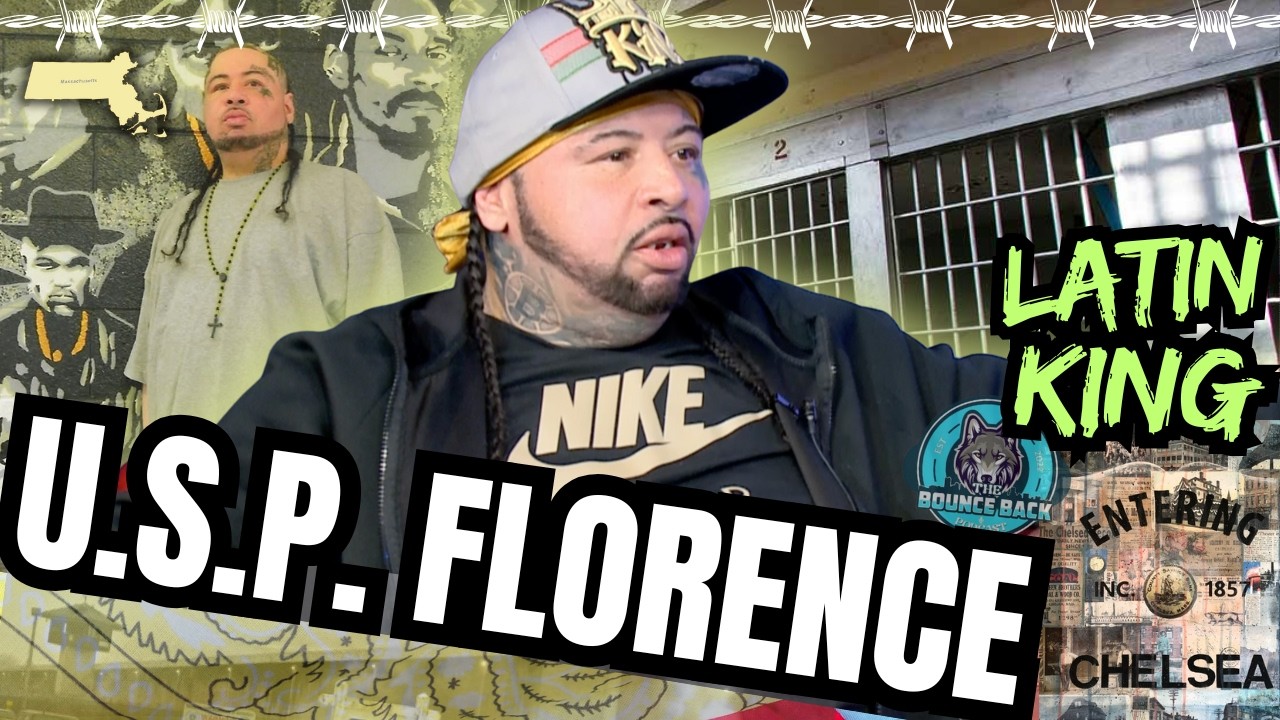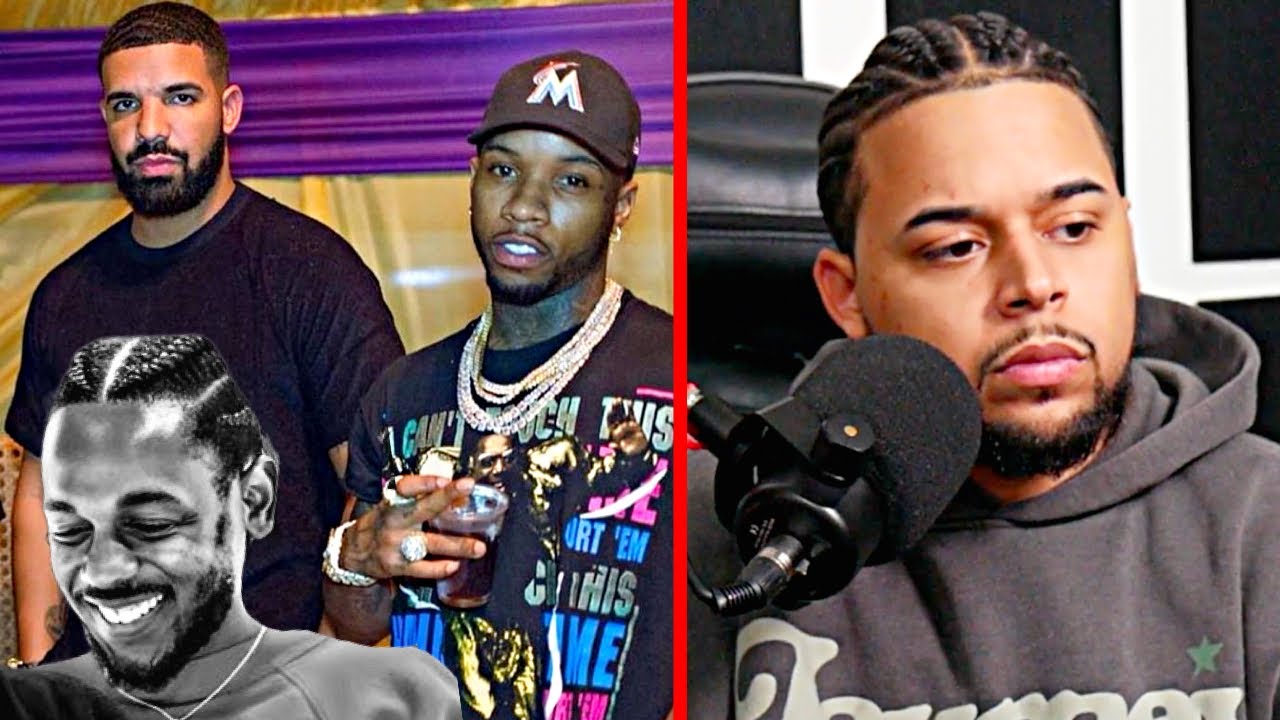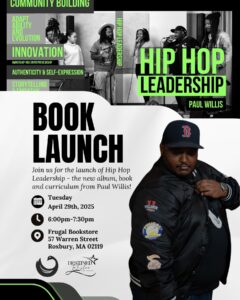For decades, Will Smith—better known to hip-hop fans as the Fresh Prince—was synonymous with feel-good, high-energy rap. From his early days alongside DJ Jazzy Jeff to his blockbuster solo albums like Big Willie Style, Smith’s music was defined by its uplifting, family-friendly vibe. But now, after years of personal reflection, transformation, and healing, Smith is returning to music with a fresh perspective—one that’s deeper, darker, and more introspective.
On Broken Record, Smith sits down with Justin Richmond to discuss his upcoming album, Based on a True Story, and why he’s embracing vulnerability in his art like never before.
Smith’s music career dates back to his teenage years in Philadelphia, where he and DJ Jazzy Jeff made a name for themselves with their witty, radio-friendly rap style. However, after the Grammy-winning success of “Parents Just Don’t Understand” and “Summertime,” Smith’s priorities shifted. Acting took center stage, and music often played second fiddle. Now, with his latest project, Based on a True Story, he’s reclaiming his voice—on his own terms.
The album, set to be released in multiple parts throughout the year, kicks off with Season 1: Raven the Wasteland in March. Each chapter will unravel different layers of Smith’s journey, exploring his personal battles, self-discovery, and resilience.
Smith recalls a fateful night when music mogul Quincy Jones took a gamble on him, setting the stage for The Fresh Prince of Bel-Air. After being introduced by Benny Medina (whose life inspired the show’s concept), Smith found himself in Jones’ living room, unexpectedly auditioning for what would become his breakout acting role. That same night, Jones made key creative decisions—keeping Smith’s rap moniker, shifting the setting to Bel-Air, and greenlighting what would become one of the most iconic sitcoms of all time.
Long before The Fresh Prince of Bel-Air, Smith and DJ Jazzy Jeff were a formidable duo. Jeff, who grew up surrounded by his family’s massive record collection, spent countless hours mastering his craft. Smith reminisces about recording their first album in London under Jive Records—a surprising move for a Philly-based duo.
Despite their success, Smith reveals that Jazzy Jeff & The Fresh Prince never embarked on a full headlining tour, mainly due to Smith’s acting commitments. Now, decades later, he’s finally planning to hit the road for his first-ever world tour.
Smith’s new sound is a stark departure from his past hits. He credits Grandmaster Caz, Rakim, and Slick Rick as early influences, but he’s now drawing inspiration from global sounds, including Afrobeats, K-pop, and gospel. His recent track, “You Can Make It,” even topped gospel charts, marking a shift in both his musical style and spiritual outlook.
One of the standout tracks on “Based on a True Story” is a collaboration with Spanish singer India Martínez that blends flamenco with hip-hop. Smith describes the song as a reflection of his rekindled passion for music, showcasing a raw, unfiltered version of himself.
Throughout the conversation, Smith delves into his personal transformation—one that took an intense turn while filming Emancipation. He recounts an eerie moment when real shackles got stuck on him for 15 minutes, triggering a profound realization about vulnerability and dehumanization.
This experience, coupled with the isolation of the COVID-19 pandemic, forced Smith to strip away the carefully curated public persona he had built over the years. “I spent the past few years reading religious texts, trying to find God,” he shares. He now views music as a tool for self-expression rather than a pursuit of commercial success.
His upcoming album reflects this newfound mindset. The second installment, Season 2: The Gift of Madness, is inspired by a Quincy Jones quote, where Jones described Smith, Michael Jackson, and Oprah Winfrey as possessing a “gift of madness”—the ability to believe in the impossible. Smith now embraces this idea, recognizing that his greatest successes have stemmed from what others might call delusional confidence.
As Smith embarks on this next phase of his musical journey, he’s unafraid to explore darker, more complex themes. He acknowledges that, for most of his career, he rejected anything that wasn’t joyful. Now, he’s embracing every facet of his story—including the struggles.












